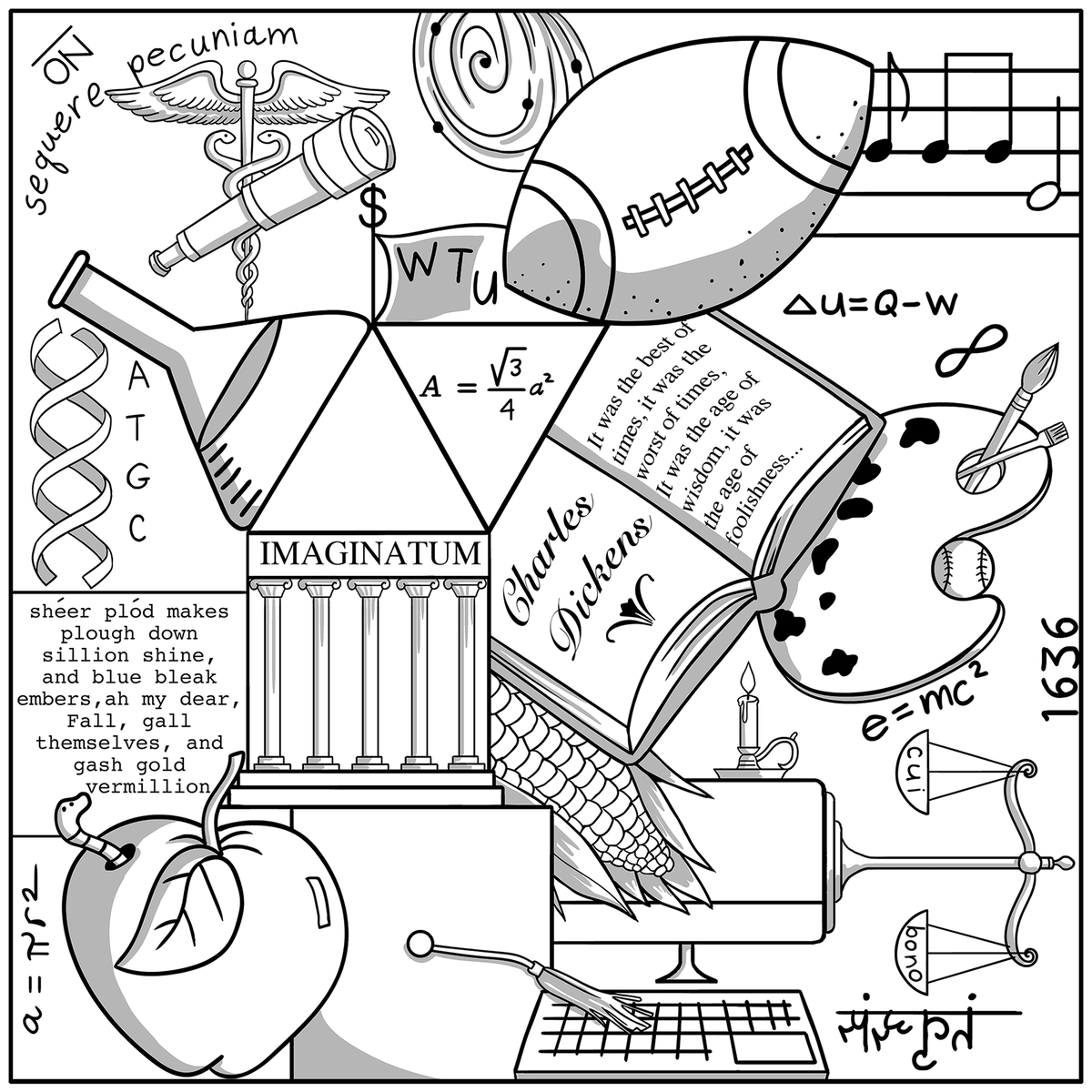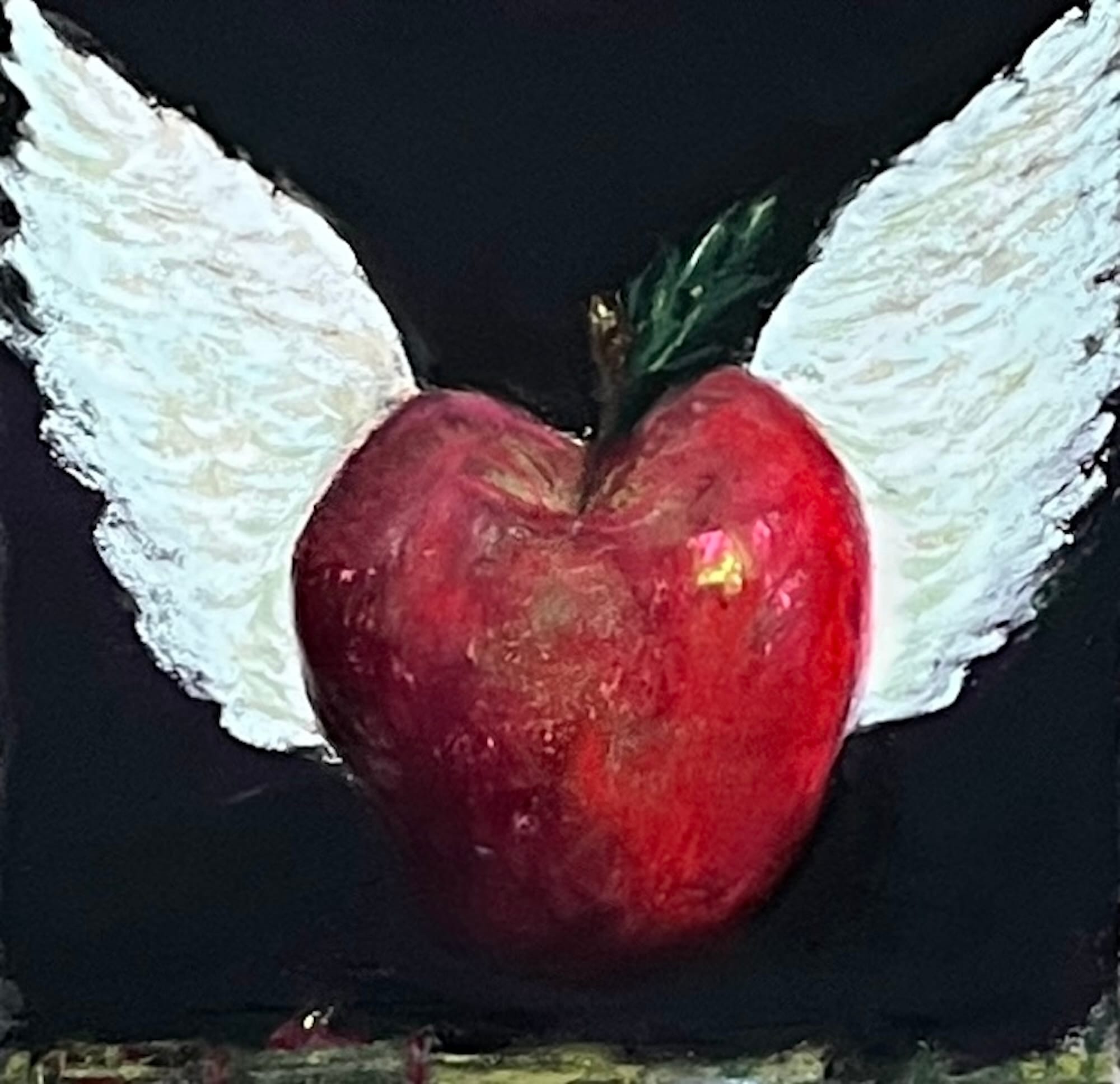about
W(h)ither the University?

Big questions and their exploration through historical and institutional perspectives, imagination, and a little humor
W(h)ither The University? is a question-driven discussion letter providing historical perspective and analysis on the root causes of institutional challenges in higher education, and exploration of approaches to securing institutional health and independence. Cross-disciplinary and synthetic in scope, it focuses on the role of the executive—strategy, structure, leadership, and ethical decision making--in the complex relations among industry, federal and state governments, and educational institutions. Ultimately, questions need answers, and part of the goal is to push beyond discussion, or the what and why, to, in active, operational terms, the how--from theoretical possibility to procedural action. While in practice this will vary for each institution, the essential challenge is to forge new paths.
Written by Jane Robbins, PhD, W(h)ither the University? works macro to micro, beginning with short summary perspectives and "backgrounders" to more detailed discussions on specific questions, and "roundups" of reader comments and questions as needed. A small library of resources and working definitions are provided and will be continuously updated. The perspective is decidedly organizational in the conviction that organization is the key to performance and control over institutional future.
W(h)ither the University? is meant to be read–no podcasts or videos, although there may occasionally be an audio clip. W(h)ither the University? will be published 2-4 times a month, depending on post complexity, with an occasional special if needed, and automatically emailed to subscribers.
Who Is it for?
Anyone interested in the future of universities.
Who is Jane Robbins?
I am an artist, historian of higher education, and retired professor of innovation, entrepreneurship, and organizational leadership at research universities, where I created and taught courses in innovation, entrepreneurship, leadership and organizational theory, organizational change, and corporate and professional ethics. My areas of scholarly research comprise university-industry-government relations in science and technology policy (with special focus on patents, conflict of interest, and trust); leadership development and institutional integrity; and professional education. During my time in academia I was a frequent contributor and media source on ethical issues in research and higher education, and authored the Sounding Board blog for Inside Higher Ed. I have also taught courses as an adjunct in corporate strategy, entrepreneurship, and access to higher education, and provided faculty development in how to teach innovation and entrepreneurship.
Before entering academia I worked as an organizational strategy consultant and founder/owner of a small information services firm. I have a PhD in Higher Education Management, MA in Critical and Creative Thinking, and BA in English and Secondary Education.
I will always be grateful that I majored in English, and for my excellent elementary and high school education in public schools.
I'm retired and happily working as an artist. Why am I doing this now?
In 2008 I published a paper titled “Toward a Theory of the University: Mapping the American Research University in Space and Time,” that explored whether the university best fit the definition of a commercial business (the term "corporatization" was very big then), a state agent, or a sovereign state in its own right (Robbins, J. American Journal of Education, May 2008). While arguments could (and were) made for each, I concluded that universities at the time most resembled autonomous, political quasi-states, having gained enormous extractive capacity over a range of "constituents" and accompanying autonomy. But my conclusion came with a warning at the end of the paper, and one I had raised in other sources from time to time. Speaking of emerging political pushback against university autonomy over shared areas of interest, I said:
. . . We may well want the university to reclaim its own statehood. With this regained autonomy there is, however, increasingly a question—a problem really—of leadership. University leadership lags by a generation what the university has become: the heads of most major universities are suited to the notion of the multiversity or even the government research arm, not the era of the independent, ethical state. Governance is similarly stuck in the post-war era. A fragmented foundation has left the university’s creativity without a center on which to converge (Collins 1998, 521–522). The university is thus in the precarious position of standing at the edge of an opportunity that could easily be squandered: it could lose the state-like power and autonomy it has gained at such great cost.
In witnessing the amateur-hour hearings; the punitive, blunt-force grant cuts; and the irrationality and breathtaking hypocrisy of demands, it may appear that things have suddenly changed, but they have been a long time coming. Whether through discounting, naïveté, greed, blindedness, or simple drift or acquiescence, the university is in a seriously weakened state. The question is, what to do about it beyond panicked reactions in hopes of returning to the status quo? That is gone. Through a series of big questions, put forth in all seriousness, I urge those who care about universities and their independence to set aside emotion and resistance, and come think with me. Like many complex situations with high stakes, this one requires thoughtful and open collective mind. It's time.
Have a question? Ask me anything
When I wrote Sounding Board, many of my topics came from my readers. Subscribers may contact me for topic consideration for future posts, or to send me anything you think I should read. No anonymous communication; please provide your full name and affiliation. But I will never publicly share your name without permission.
